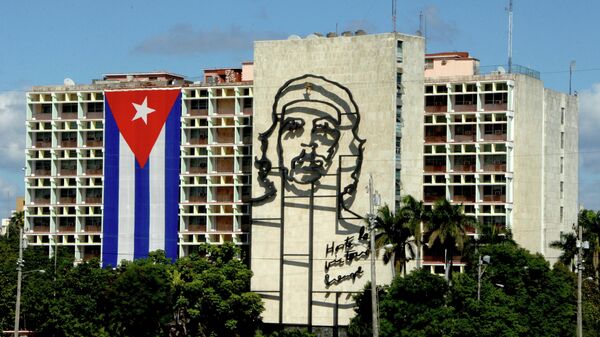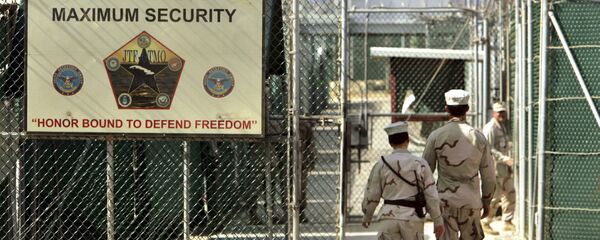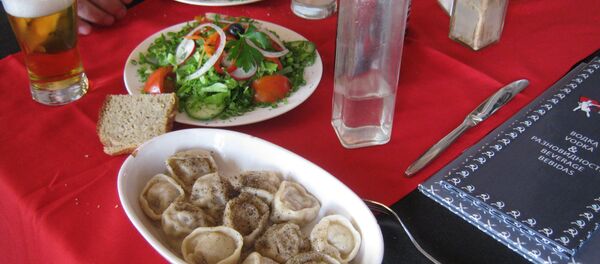Trump sent Cuban Americans his "warmest wishes" Saturday on the occasion of the old Cuban Independence Day, marking the day – May 20, 1902, when the country stopped being a Spanish colony after the Spanish-American War. The island nation stopped celebrating the holiday in 1959, after revolutionary leader Fidel Castro proclaimed the victory of the Cuban Revolution.
"The Cuban people deserve a government that peacefully upholds democratic values, economic liberties, religious freedoms, and human rights, and my administration is committed to achieving that vision," Trump said, in a White House statement.
In a rare and unusual move, the Cuban government responded, putting out their own statement later in the day blasting Trump for his "ridiculous" and "controversial" remarks.
The government statement, read out on Cuban state television, informed Trump that on May 20, 1902, Cuba stopped being a Spanish colony only to become a "neo-colony of the Yankees," and would remain one until January 1, 1959, the day of the victory of the Cuban Revolution.
Havana suggested that "even the US government itself is aware of the contradictory and clumsy pronouncements made by the billionaire tycoon-turned-president on both foreign and domestic policy."
The statement also called out Trump for his reference to Jose Marti, saying that the president doesn't seem to understand that Marti was the most anti-imperialist of all Cubans.
Earlier this month, the White House confirmed that it was carrying out a 'comprehensive review' of US policy toward Cuba. Observers have been eyeing US-Cuban relations closely for any changes under the Trump administration. His predecessor Barack Obama had presided over an effort to restore full diplomatic ties, but the new administration has threatened to roll back the progress, citing the Cuban government's alleged human rights offenses. Months after his election, Trump has yet to make any major moves to undo Obama's Cuba policy.




